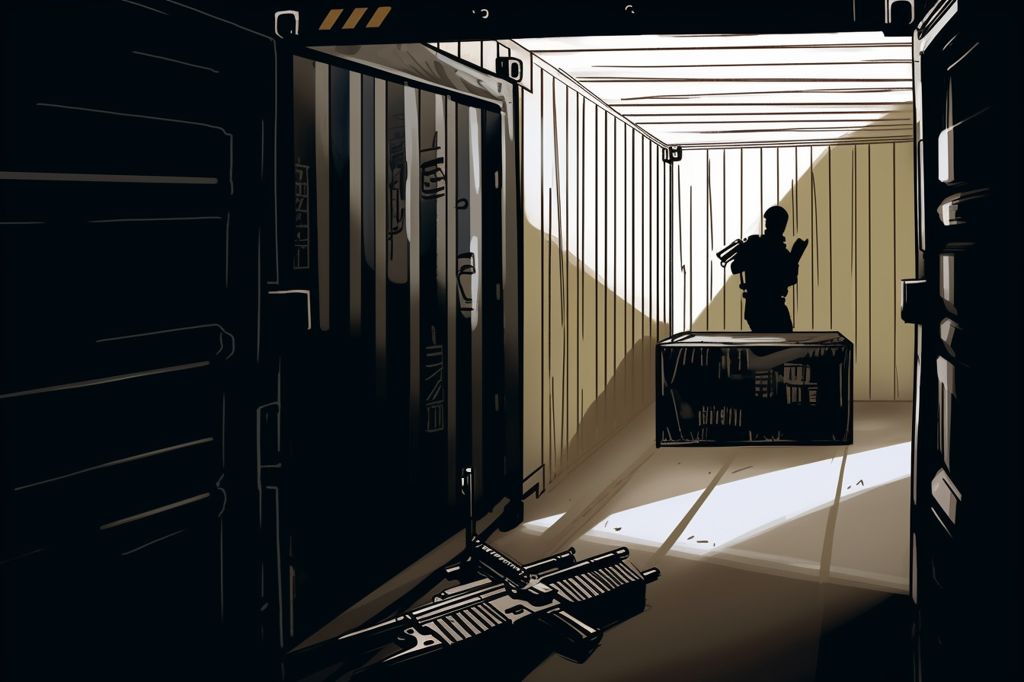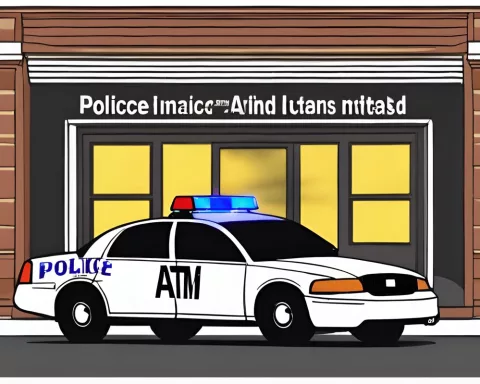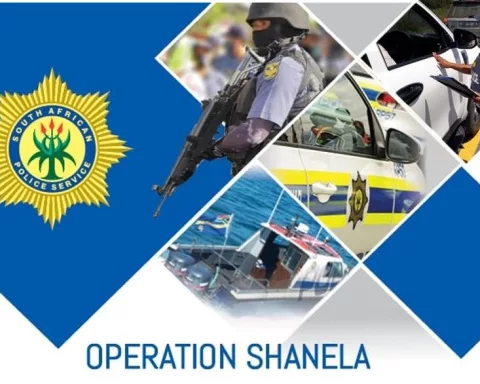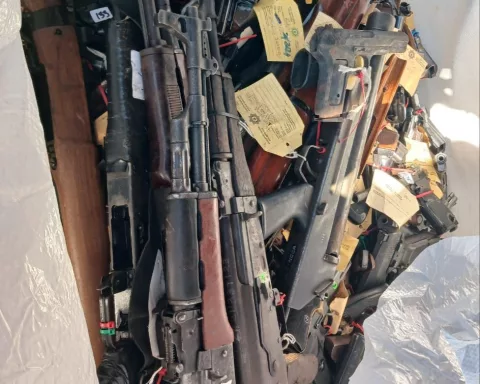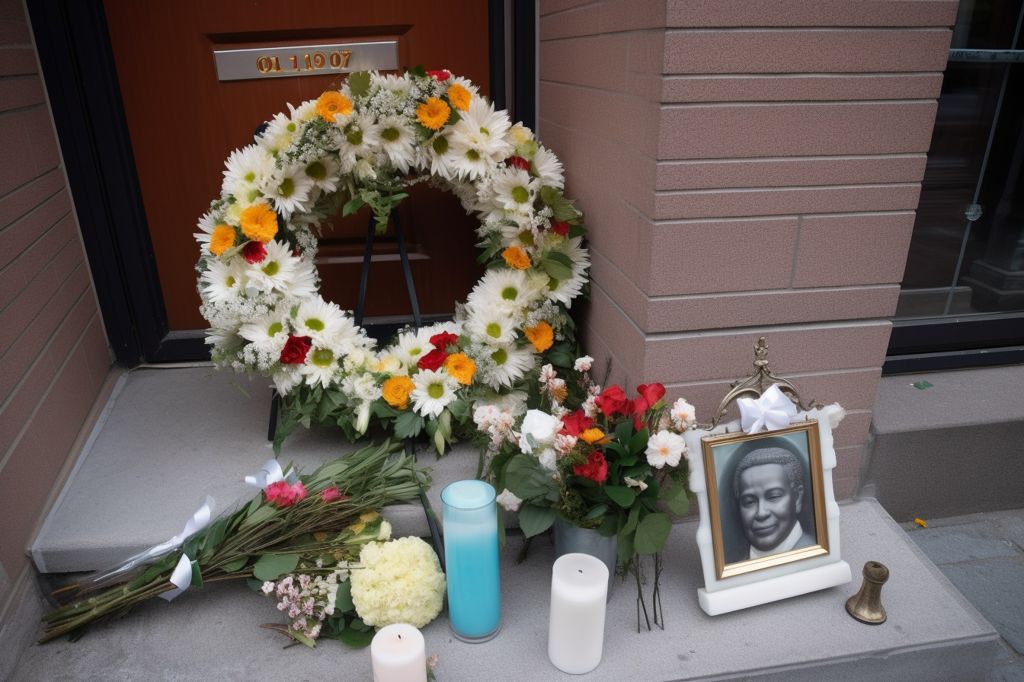Recent revelations about firearm management in South Africa have raised concerns about public safety. The South African Police Service (SAPS) has not destroyed a single confiscated firearm in the first quarter of 2023 according to Alderman JP Smith, Mayoral Committee Member for Safety and Security. This alarming information highlights the critical issue of firearm management and its potential dangers to public safety.
The Issue of Delayed Destruction of Confiscated Firearms
During this period, nearly 700 firearms were confiscated, but none were destroyed. The delay in their destruction raises questions about the underlying issue. Smith suggests that the delay could be due to unresolved court cases, but there may be other reasons as well.
Challenges Faced by the SAPS in Destroying Illegal Firearms
The process of destroying illegal firearms is centralized, and local SAPS have no control over it. Firearms must be transported to Pretoria for destruction, which increases the risk of firearms disappearing in transit or falling into the hands of criminals. This has happened in the past, with some SAPS members involved in illegal activities.
Implications for Law Enforcement and Crime Prevention
This situation casts a shadow over the commendable efforts made by the City’s enforcement agencies and SAPS in combating crime. It underscores the urgent need for improvements in firearm management to ensure that public safety is not compromised. The lack of capacity in forensic testing and court cases negatively impacts the overall effectiveness of law enforcement and crime prevention efforts in South Africa.
Collaborative Efforts to Improve Firearm Management
Smith argues for the devolution of policing, where local and provincial authorities handle some functions, including investigation, crime intelligence, and potentially even the destruction of illegal firearms. Collaborative efforts between local and national authorities are crucial to ensure a safer environment for all South African residents.
Ensuring Public Safety through Comprehensive Firearm Management
Addressing the shortcomings in firearm management is vital to public safety. The risks associated with inadequate handling of confiscated firearms cannot be ignored. Effective solutions must be explored and implemented by enhancing cooperation between local and national authorities, improving the capacity of law enforcement agencies, and addressing existing gaps in the legal processes. Only a comprehensive approach to firearm management can ensure the safety and well-being of South African residents.

